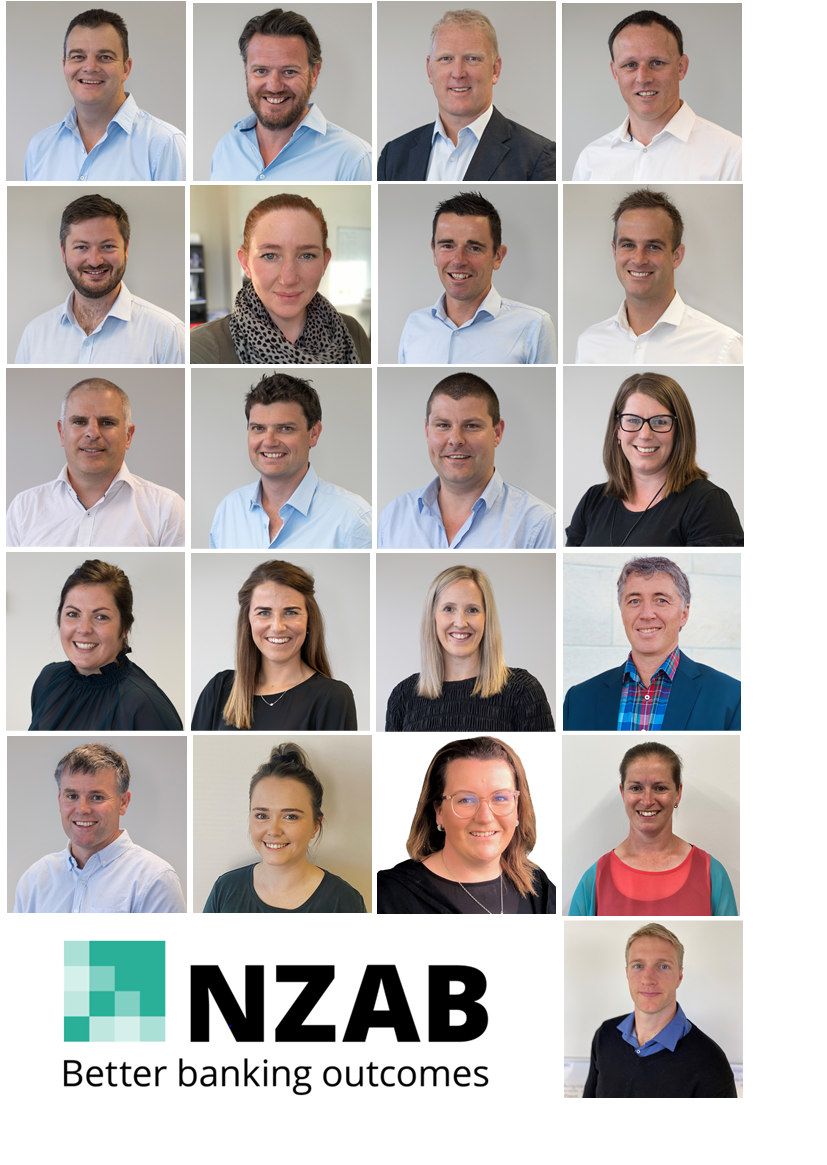
“Men Are From Mars, Women Are From Venus”, was an enormously popular book by John Gray in the 90’s which asserted the notion that men and women are as different as beings from other planets.
Whilst it was hugely stereotypical, it suggested that male and female communication styles were vastly different and understanding the communication styles of the opposite sex would be advantageous for a better relationship.
I think that the above would resonate with most people, not due to it being the opposite sex, but instead because we’re all simply different people.
When we come from different walks of life, demographics, belief systems and DNA, communication can at times be very difficult.
And when communication style leads to misunderstanding, this can have very significant impacts in life and in business.
And where we’re increasingly seeing this gap, is in the relationship between the banker and the borrower – which is leading to plenty of missed opportunities for both sides.
This short article teases out the rationale for this a bit further, plus sets out a few tips for how that gap might be narrowed and ensure both sides get what they want.
I cast my mind back to when I first started as a graduate Agri banker.
I was 22.
Fresh out of university and equipped with plenty of desire to prove myself to my new employer, I wasn’t short of energy or a lack of training.
Or so I thought.
The reality is that I hadn’t yet travelled the world, hadn’t raised a family, hadn’t started a business, hadn’t seen the confidence building highs of an economic cycle, nor the destroying and lingering impacts of a prolonged downturn.
I didn’t really know much about farm systems. I was still learning about the credit process.
I hadn’t felt genuine loss, nor had I seen what people could really achieve when their livelihoods were at risk or what they might do when backed into the corner.
I thought my graduate training had taught me how to listen.
But it didn’t teach me how to hear. How to truly understand what a person was trying to say.
How to ask more courageous questions to get more detail out, how to read body language to see if I was on the right track.
How to paraphrase back what I thought I was hearing. How to give people space to think or make choices.
How to know when communication wasn’t working anymore and to stop for another day.
And despite over 20 years in this industry being in front of business owners every day of all sizes and types, and having been through a few cycles, I’m still learning.
And it’s got harder.
Bankers can be young and on average they’re getting younger with less experience as more leave the industry. Farmers and business owners are getting older.
Being young is not a bad thing. As we get older, we may get more rigid in respect to our communication styles and be less agile to the changing style of communication. This is not a one-way street. Older is not better than younger and vice versa.
But those same bankers are now managing more clients, more complexity and navigating more regulation meaning less time to be able to understand and develop those relationships and communication styles.
Additionally, bank relationships change more frequently so there can often be an entire reset of what you’ve been used to as a new person starts from scratch and may have an entirely different style.
Today, communication can be via a mix of email, phone and in person. When one side is used to that, that’s fine, but the other side may not be. We’re all different in respect to how we learn or accept information most easily- reading, writing, seeing, doing.
Just as an email lacks tone and instant feedback, leading to a lack of empathy, a phone call can lack necessary detail and lead to quite different levels of interpretation.
But none of this is new and it’s not particular to the Agri sector. So how do farmers or business owners bridge this gap? And why should you?
Well, the “why should you” is probably obvious. Your interaction with your banker is often at a time when there is a significant capital transaction about to occur. Or it might be a review of facilities under the cloud of a less than stellar year.
Get this wrong and that will lead to a lost opportunity. Get it really wrong and taint can build which can accumulate, starting from poor pricing on your loans to losing serious equity.
At NZAB, we have cases every week where poor communication on both sides has led to exactly that.
So here are some tips for bridging the divide.
1. Communicate in multiple ways, multiple times
Someone wise once said to me that to effect real change, you need to communicate with your audience seven times, seven different ways.
Now I’m not advocating for that level of intensity, but if it’s important, double up on the style.
If you’ve had a good phone call, follow up by email with the key points. If you’re about to send a detailed email, preface it with a phone call to set the tone.
2. If its really important, don’t put something up for consideration half-baked.
We have saying in NZAB: “leave nothing to chance”. This means that the proposal we deliver alongside the customer covers all aspects of the credit process, not just part of it.
This doesn’t mean that you can’t have earlier positioning or informal meetings with your bank to set the scene for a later formal proposal, but make it clear that’s what these meetings are for – and that a formal request will follow. Make sure the eventual request covers all credit bases in a professional manner.
3. Check for understanding
This is obvious but done infrequently.
Paraphrase back during conversations. Paraphrasing is taking what you think the other side is saying and then saying it back to them in your language to check understanding.
After an important meeting, check back in the next day to see what the other side thought of the meeting and what they thought the key points were. This is also a chance to see if there has been any different thinking since the meeting, particularly for those whose thinking is more reflective than impulsive.
4. Have more than one person in the conversation, particularly in person.
We all interpret the spoken word quite differently.
I’m not surprised anymore when I ask customers after a bank meeting what they took out of the meeting only to hear several interpretations of what was trying to be conveyed.
Also, when you’re in a meeting, you’re not going to spot all body language yourself. Having a second person can create space in a meeting to observe and to reflect before re-engaging.
5. Be confident and direct, but frame up well
This goes for both bankers as much as their customers and us as their advisors.
Too often, there is a fear of hurting the relationship by approaching difficult discussions far too delicately.
I’m not advocating for racing straight in with your messaging (or your request) like a bull in a china shop, but being too delicate can see the message not being received which can be much worse.
Much worse for the bank might mean a loss of a customer or much worse for the farmer may mean the loss of an opportunity to grow.
Be upfront on both sides with your needs.
6. Don’t come into a meeting with a pre-determined position.
This might seem at odds with the above, but its not.
Circumstances change, things develop and conversation can bring ideas forward that may not have existed before. Staying open minded and allowing ideas to flourish is powerful when done well.
However, good framing about what “mode” you’re in is important to allow this; If one side is scared that allowing a conversation to grow into an area they can’t support, then they may not entertain the conversation in the first place.
Alternatively, acknowledging upfront that this is simply an exploratory conversation, rather than being in “execution mode” can increase contribution significantly.
7. And lastly, recognise that we’re all different and misinterpretation can happen
This is acknowledging that no matter how good we might get with our communication, we’re all going to have an off day or we’re always going to miss something.
We don’t know what happened to either side just before the meeting, or what might be playing on someone’s mind, impacting their style that day.
So, bear that in mind before we rush to judgement
You will all have your own tips here, we would love to hear them!
Who is NZAB? 
Farming’s very complex and you can’t be an expert in everything. That’s why the best farmers gather a specialist team around them. Our specialty is better banking outcomes for our clients.
There’s no one better to work alongside you and your bank. With a deep understanding of your operation and our considerable banking expertise, we can give you the confidence and control to do what you do best.
We’ve been operating for four years now and we’re right across New Zealand, For an introductory no cost chat, pick up the phone and talk directly to one of our specialists on 0800 NZAB 12.
Or if you prefer, Visit us at our website or email us directly on info@nzab.co.nz

